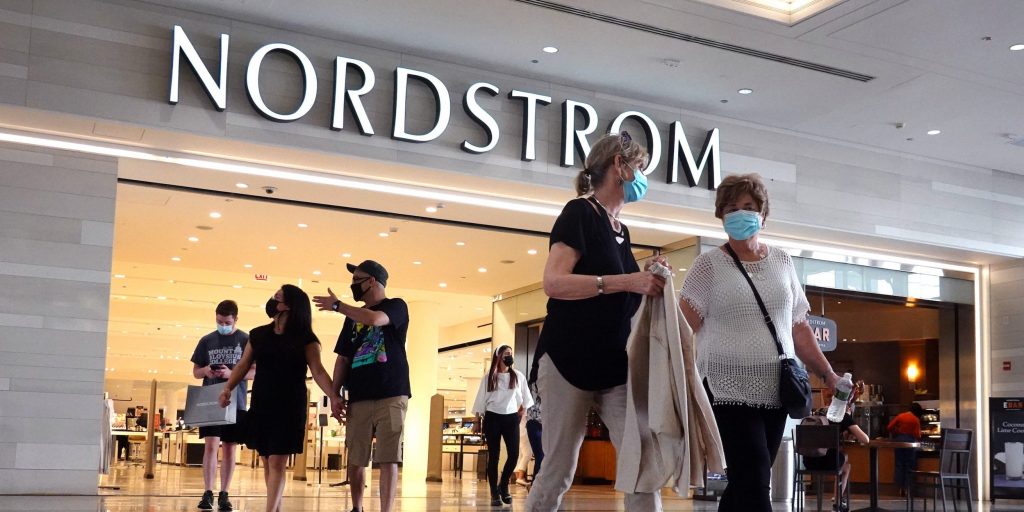
Scott Olson/Getty Images
- The PCE price index – a popular inflation measure – rose 0.6% in April as spending rebounded.
- The reading matches the median economist estimate and marks the fastest rate of price growth since 2008.
- The Biden administration expects strong inflation to fade next year, but Republicans say they fear a dangerous overshoot.
- See more stories on Insider's business page.
Stronger inflation has officially arrived. Where price growth trends from here could determine whether President Joe Biden's recovery plan was a success – or sparked a new set of economic risks.
The Personal Consumption Expenditures price index – one of the most popular inflation metrics in the US – gained 0.6% through April, the Commerce Department announced Friday morning. The jump is the largest single-month gain since 2008 and matches the median estimate of a 0.6% increase from economists surveyed by Bloomberg.
The PCE index also notched a 3.6% year-over-year gain, surpassing the median estimate of 3.5%. While year-over-year readings are often used to strip out single-month effects, the historically weak inflation seen in spring 2020 skews the comparisons somewhat. Price growth turned negative early in the pandemic and trended at low levels for months afterward. Those year-ago readings now make for a lower bar with which to compare today's price growth.
Core PCE inflation, which strips out volatile food and energy prices, rose 0.7% last month. That compares to a median estimate of 0.6%.
Inflation has become the topic du jour for lawmakers and economists as the country reopens. The Biden administration and the Federal Reserve have maintained that while the recovery will drive a bout of stronger price growth, elevated inflation will prove transitory and trend at healthy levels next year.
"My judgment right now is the recent inflation we've seen is temporary. It's not something that's endemic," Treasury Secretary Janet Yellen told lawmakers on Thursday. "I expect it to last, however, for several more months and to see high annual rates of inflation through the end of this year."
Republicans, however, recently doubled down on their argument that Biden's stimulus plan is behind the inflation overshoot and risks overheating the economy. A recent memo from the Republican Study Committee urged House Republicans to tie inflation to Biden's economic policy and warn that his follow-up spending proposals would only further accelerate price growth. To be sure, the White House's infrastructure and family plans are set to spread spending out over eight to 10 years, as opposed to the stimulus plan's immediate rollout.
This story is breaking. Check back soon for updates.

